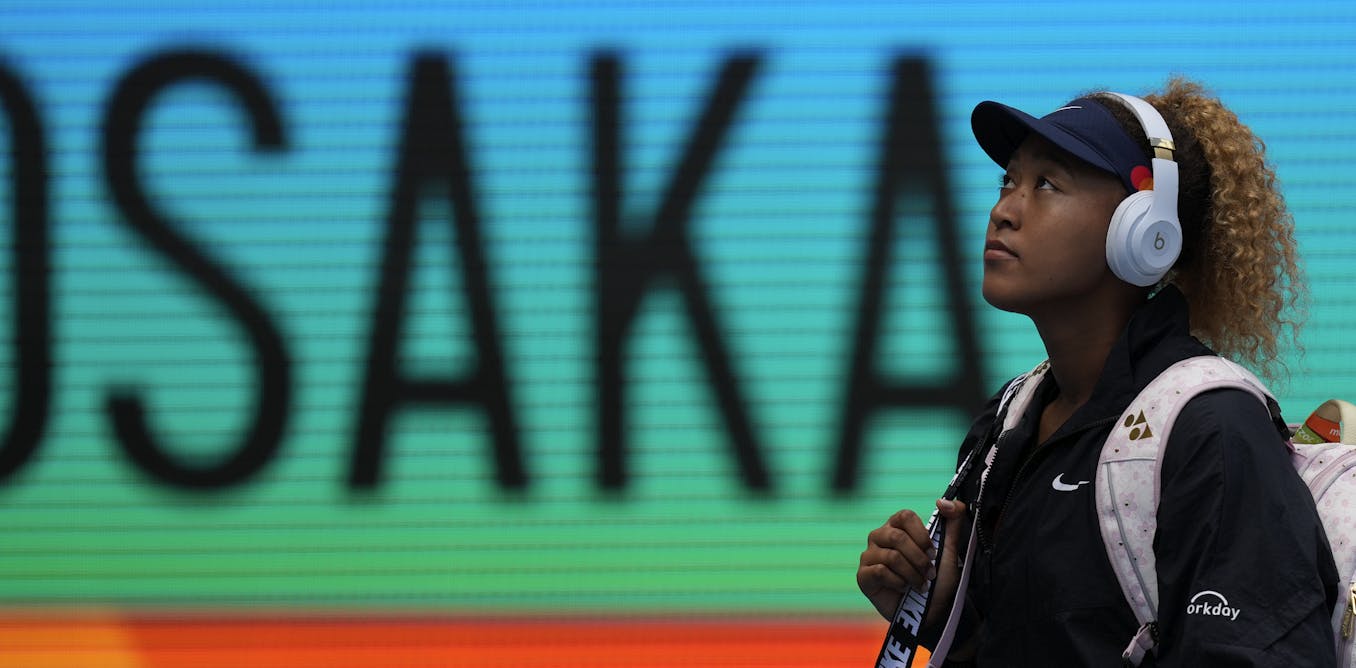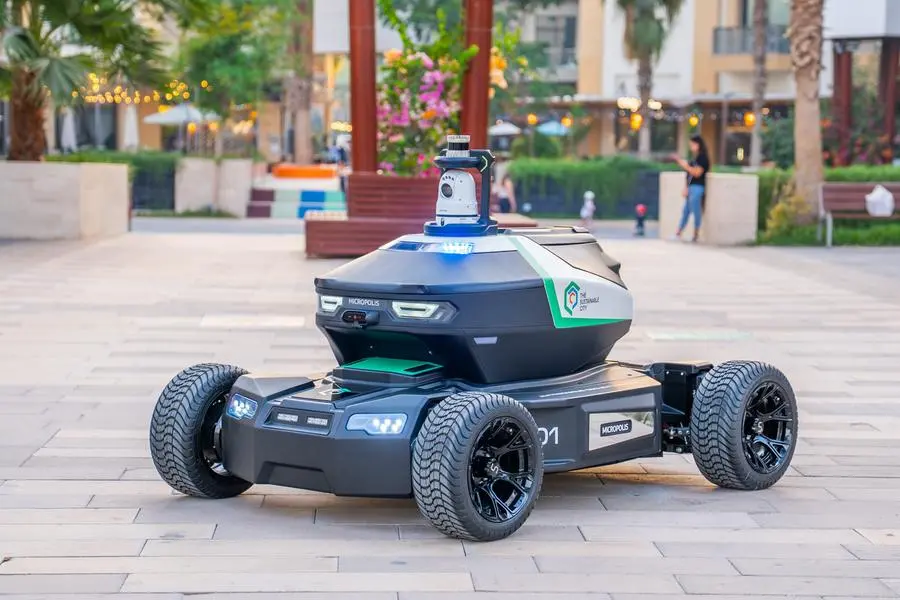- TECHSWU
- Posts
- TECHSWU
TECHSWU


The Cobra Utensil Holder, created by the Richmond VA Medical Center's Assistive Technology Program, is revolutionizing daily life for disabled veterans. This innovative tool enables veterans with debilitating injuries to regain their independence during mealtime by adapting standard utensils for ease of use.
Its ambidextrous design and adjustable slots make it versatile and user-friendly, addressing the inadequacies of traditional adaptive utensils. Through a blend of compassion and cutting-edge 3D printing technology, the Cobra Utensil Holder not only enhances autonomy but also restores dignity and quality of life for those who have served.
As the Richmond team continues to explore broader applications of their design capabilities, this tool embodies the transformative power of technology and empathy, paving the way for a future where disabled veterans are empowered rather than defined by their limitations.


In the exciting realm of sports, traditional marketing is undergoing a thrilling transformation, thanks to savvy athletes and cutting-edge technology. No longer just performers, athletes are evolving into dynamic media platforms, using AI, data mining, and immersive tech to connect with fans on a deeper level.
Icons like Naomi Osaka and Shohei Ohtani exemplify this shift, as they take control of their personal brands and narratives, often surpassing the influence of the leagues they represent. With each athlete curating their own image and story, the lines between sport and media are blurring.
Additionally, AI is enhancing fan experiences by offering personalized content, transforming mass audience engagement into tailored community connections. This paradigm shift raises questions about ownership, narrative control, and the future roles of leagues and fans.
As technology evolves, so too will the landscape of sport, shaping a more interactive and collaborative relationship among athletes, fans, and media.

SEE Holding has teamed up with Micropolis to revolutionize sustainable urban living through advanced Artificial Intelligence and Robotics in The Sustainable City 2.0.
This innovative partnership is set to integrate smart infrastructure into a city model that is AI-driven, net-zero, and focused on enhancing human experience. The updated city design aims to optimize essential resources like food, energy, and water, while also promoting health, education, and overall well-being.
The collaboration builds on a decade-long relationship, where Micropolis honed its robotics technologies in the living lab environment of The Sustainable City. Both companies envision TSC 2.
0 as a blueprint for smarter, climate-resilient urban centers, paving the way for future cities that prioritize connectivity and sustainability. According to Eng.
Faris Saeed, this initiative signifies a vital step towards creating intelligent, people-centric communities that cater to today’s and tomorrow's needs.

In a world where trade tensions loom large, Apple finds itself in a precarious position amid Trump's ongoing trade war with China. Despite pressure to shift manufacturing back to the U.
S., the tech giant remains heavily reliant on Chinese production, with about 80% of iPhones still assembled there.
This dependency poses a significant risk; recent tariffs led to a staggering $770 billion decline in Apple’s market value in just a few days. While Apple has started exploring production in countries like India and Vietnam, a complete move is daunting and would require immense effort from both the company and the government.
As Apple prepares to report a modest sales increase, analysts are eager to probe CEO Tim Cook about the future, tariffs, and Apple’s place in an increasingly complicated global economy. With a $500 billion U.
S. investment underway, the stakes have never been higher for the tech titan.

In a remarkable leap forward for border security, South Africa's Border Management Authority (BMA) has reported a stunning 63% increase in law enforcement success during the recent Easter season, thanks to groundbreaking surveillance technology. Over ten days, BMA efforts thwarted more than 6,000 attempted illegal crossings, a staggering rise compared to the previous year.
This high-tech overhaul includes cutting-edge drones equipped with AI and advanced night vision, capable of spotting heat sources and operating under all conditions. Despite this success, not all news was positive—two BMA officials were arrested for allegedly accepting bribes to facilitate illegal crossings.
Acting Provincial Police Commissioner Maj-Gen Samuel Manala affirmed the commitment to combating corruption at the borders. As these advancements reshape border management, both the fight against illegal immigration and internal corruption are being spotlighted, marking a pivotal moment for South Africa's security landscape.

Mark Zuckerberg is boldly predicting the end of smartphones as we know them, unveiling a thrilling vision of the future characterized by smart glasses that will revolutionize our interaction with technology. These sleek, futuristic devices would seamlessly merge digital information with our physical world, offering a hands-free experience that makes smartphones feel bulky and outdated.
With major tech companies like Meta and Apple investing heavily in this direction, the potential for smart glasses to serve as personal assistants, providing real-time updates and navigation, is becoming increasingly plausible. Zuckerberg envisions a world where our digital connections are not just intuitive but also incredibly social—transforming how we live, work, and communicate.
While it might be hard to imagine life without our beloved smartphones, the development of smart glasses could soon lead us into a new era of immersive, integrated digital experiences.

Meta has officially launched its highly anticipated standalone AI app, dubbed Meta AI, now available on both Android and iOS. This innovative app introduces a dynamic Discover feed where users can engage with one another by liking, commenting, and remixing posts.
With a new voice mode, users can engage in lively, two-way conversations with the AI, creating a more natural interaction experience. Powered by the advanced Llama 4 AI model, this app is designed to be more than just a chatbot; it can recall personal details to enhance user conversations.
Additionally, it seamlessly integrates with Ray-Ban Meta glasses, allowing users to start conversations on their glasses and continue them through the app. Currently, the voice feature is available in select countries, promising a more engaging and user-friendly AI experience.